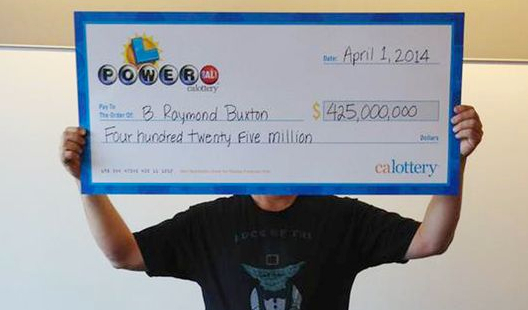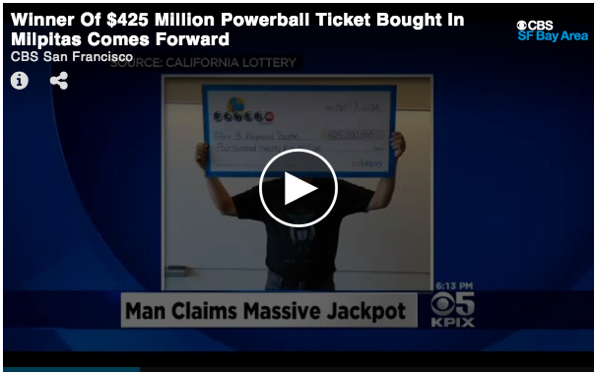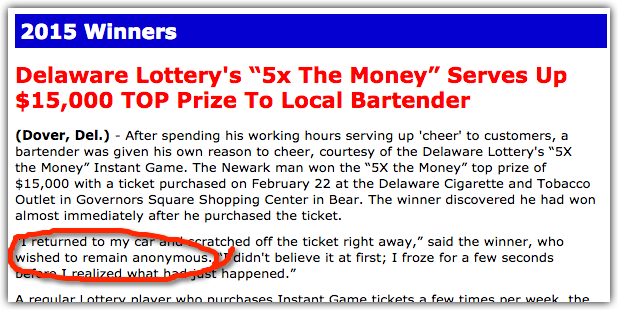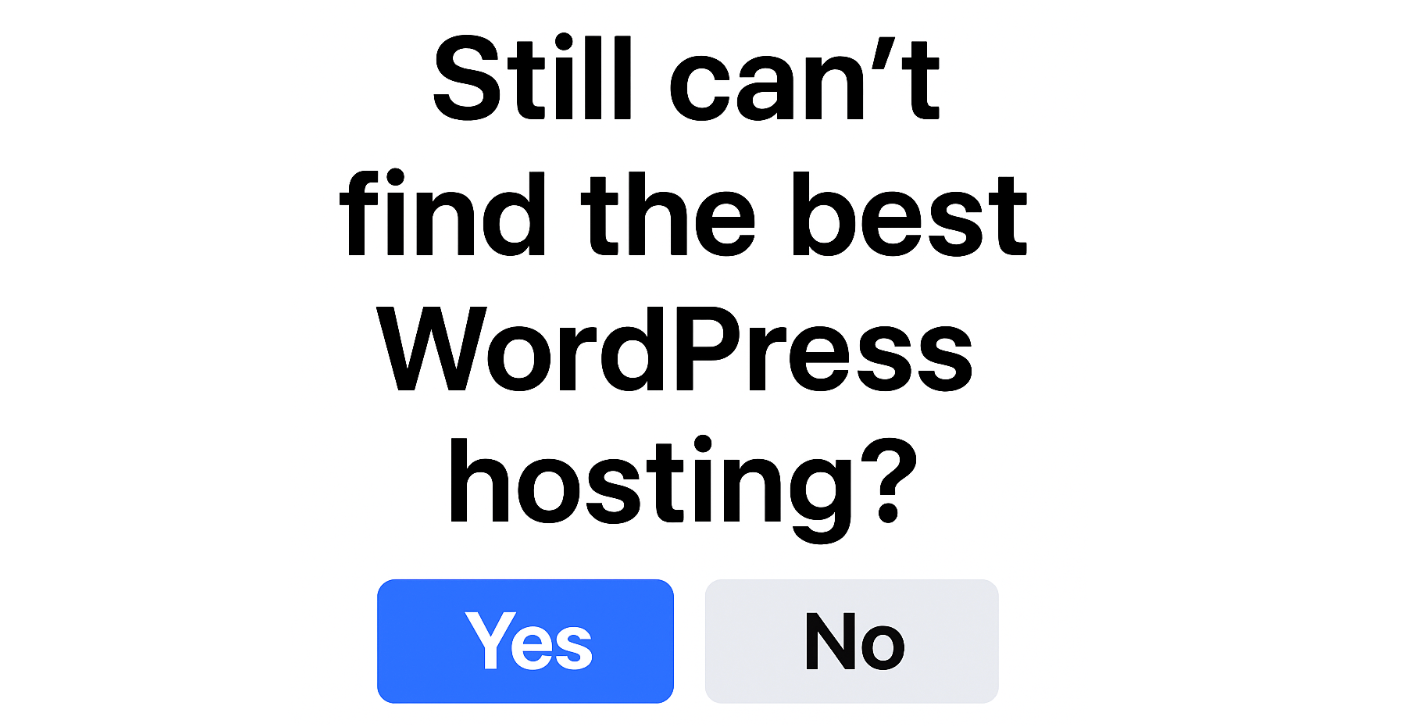Should Lottery Players Be Allowed To Stay Anonymous When They Win?
/ B. Raymond Buxton, a South Carolina Powerball winner, has remained anonymous since his $425 million win in 2014. Lottery officials don't like it.
B. Raymond Buxton, a South Carolina Powerball winner, has remained anonymous since his $425 million win in 2014. Lottery officials don't like it.
It's been a long-held tradition that many US lottery organisations have stuck with over many years. Whenever a winner wins a sizeable jackpot, they're required to appear with the check at a photo opportunity.
The lotteries want it continued because it adds to the value of the prize by letting the world know the draw went to a real person. And that is a big plus.
But for winners, the reality isn't that great. They can be traced and harrassed by any number of people... media as well as unlawful approaches.
In North Carolina, a House bill hearing is set for the beginning of March 2015 that protects winners from publicity unless they consent.
 Rep. Darren Jackson"Some people are winning an awful lot of money, and with that comes some unwanted attention,"said Rep. Darren Jackson of Wake County, a Democrat.
Rep. Darren Jackson"Some people are winning an awful lot of money, and with that comes some unwanted attention,"said Rep. Darren Jackson of Wake County, a Democrat.
"It seems like we’re using their good fortune to advertise the lottery, and I don’t think that’s fair."
He said the lottery’s credibility could be undermined if winners’ identities are concealed. The idea that government works best when it is transparent holds true with the lottery, Denton said.
"Being open about who wins prizes helps to hold the state and the lottery accountable, and secrecy about who the winners are could lead to questions about who got the prizes," he said.
Lottery officials say they stopped a $1 million fraud in 2012 because of the requirement that winners are made public. The wife of a Kangaroo Express clerk claimed the winnings from a scratch-off ticket. After the win was announced, the company contacted officials, and an investigation determined the clerk obtained the ticket illegally.
Forty-four states and the District of Columbia have lotteries, and 38 states consider information about who wins to be public.
Jackson, a four-term Democrat from Raleigh, said he modeled the bill after similar laws in the six other states that allow winners to remain anonymous.
News from the Delaware website which allows anonymity for their winners.
Delaware, for instance, has a long-standing law that keeps lottery winners’ information confidential unless they agree to be publicized.
 Vernon KirkVernon Kirk, director of the Delaware Lottery, said that since the law was implemented, most have elected to remain anonymous, and there has been little pushback.
Vernon KirkVernon Kirk, director of the Delaware Lottery, said that since the law was implemented, most have elected to remain anonymous, and there has been little pushback.
South Carolina also allows lottery winners to remain anonymous, though no state law specifically allows secrecy, said Carl Stent, deputy director of legal services for the South Carolina Education Lottery. Stent echoed Jackson’s concern about protecting personal information.
"It only heightens the debate when you have banks and hospitals getting a breach in their data," he said. "It's an issue that I'm sure other states will continue to battle with."
The six states which allow winners to remain anonymous are:
- Delaware
- Kansas
- Maryland
- North Dakota
- Ohio
- South Carolina.







































